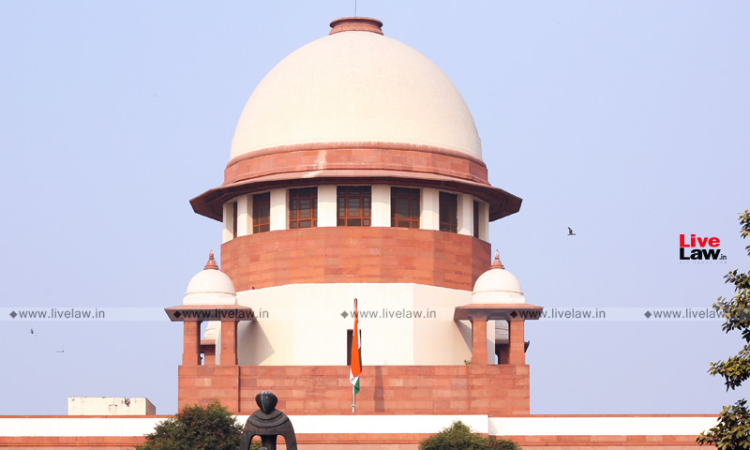Bombay HC Can Proceed To Decide Validity Of Consumer Protection Rules : Supreme Court Clarifies
Sharmeen Hakim
10 Sept 2021 3:11 PM IST

Next Story
10 Sept 2021 3:11 PM IST
The Supreme Court recently clarified that the suo motu case taken by it to deal with the vacancies in Consumer Commissions is not an impediment to the Bombay High Court in deciding a challenge to the Consumer Protection Rules 2020 framed by the Central Government.A petition has been filed before the Bombay High Court (Nagpur Bench) by Advocate Dr.Mahindra Limaye challenging the provisions...
